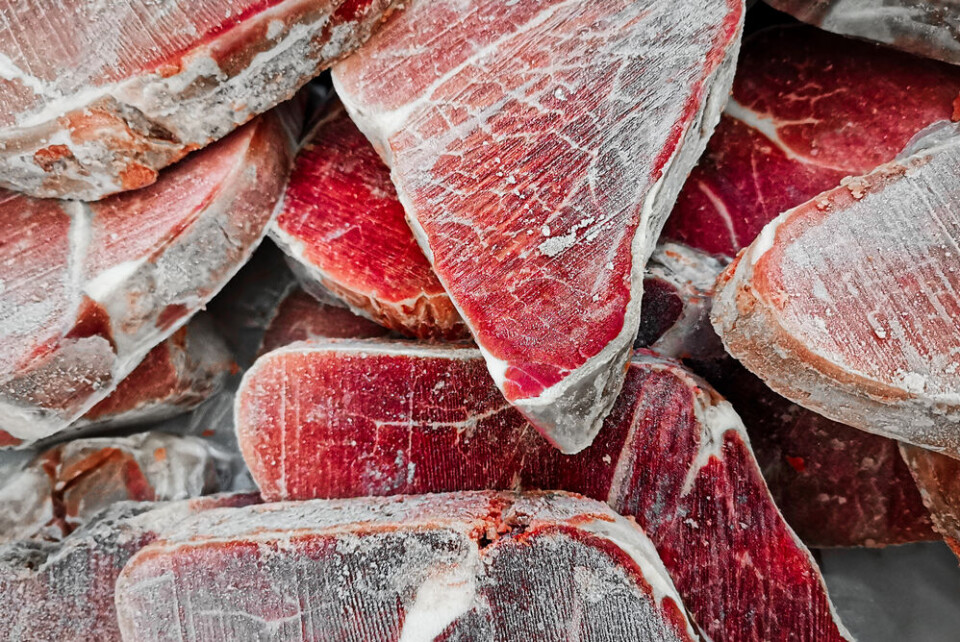-
Trump calls for Marine Le Pen to be freed (but she is not in prison)
US president said her embezzlement court case was a ‘witch hunt’
-
France’s €3 book delivery fee challenged in EU court by Amazon
Online retailer said measure is protectionist and ‘in breach of EU laws’
-
Allergies: How to know pollen levels in your commune of France
Interactive online maps can track and predict how pollen is changing in the air
France bans imports of meat produced with antibiotic growth promoters
The practice contributes to antibiotic resistance, which could lead to dangerous infections. It is already banned in the EU but not in the UK or many other countries

France is set to ban the import of meat from animals raised with antibiotic growth promoters from today April 22.
The practice of giving animals such antibiotics was already banned within the EU since 2006, but now France will stamp out imports of this type of meat from outside the bloc too.
The antibiotics are not used to treat the animals when they fall ill, but are instead used to protect them from bacteria, allowing them to expend less energy fighting infections and therefore to grow faster.
It is common to use them on poultry, cattle, pigs and lambs around the world.
Jean-Yves Madec, scientific director of antibiotic resistance at the French Food Safety Agency, Anses, told Franceinfo that this practice is used in 75% of the world.
The UK, for example, allows this.
The growth promoters are harmful because they can increase antibiotic resistance in animals. The more they are used, the more resistant bacteria will become, therefore increasing the risk that in the long run we end up with ineffective treatments for certain infections.
In veterinary medicine, the latest generation of antibiotic treatment is already 20 years old, meaning bacteria has had two decades to adapt to it.
Related stories
Animal rights candidate lacks support to stand in French election
Carrefour France trials a ‘vegan butcher’ product range
Foie gras label not possible if no gavage: French MP wants law change
























